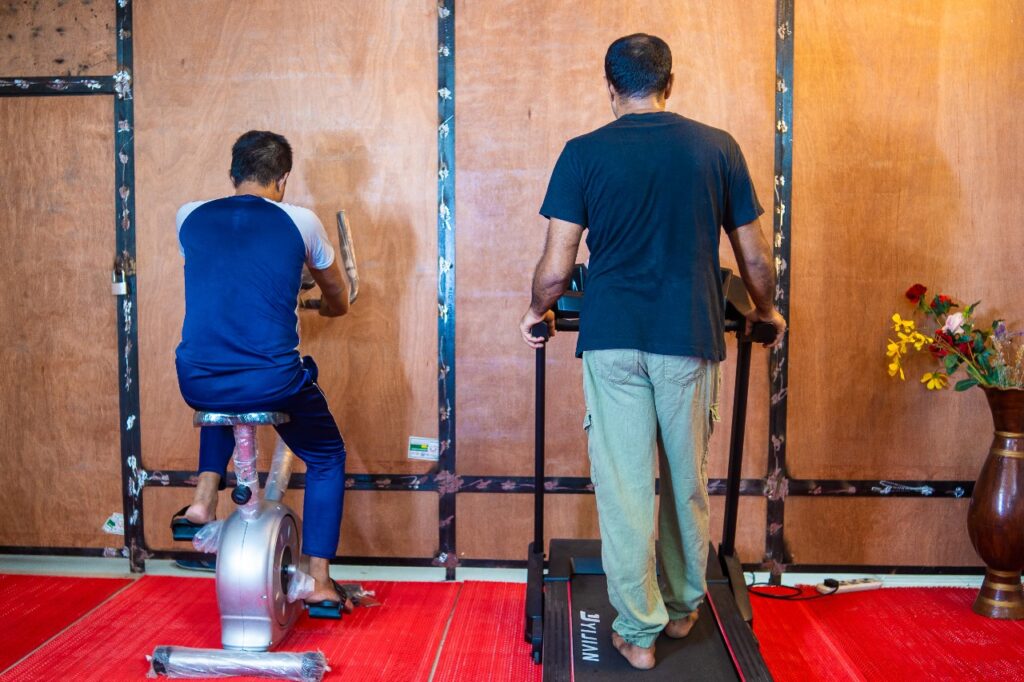Addiction is a chronic disease characterized by drug seeking and use that is compulsive, or difficult to control, despite harmful consequences. The initial decision to take drugs is voluntary for most people, but repeated drug use can lead to brain changes that challenge an addicted person’s self-control and interfere with their ability to resist intense urges to take drugs. These brain changes can be persistent, which is why drug addiction is considered a “relapsing” disease—people in recovery from drug use disorders are at increased risk for returning to drug use even after years of not taking the drug.

In general, people take drugs for a few reasons:
Symptoms of addiction vary from person to person and based on the substance or activity. In general, signs include:
These signs may vary based on individual circumstances and the nature of the abused substance. Identifying these indicators promptly can be crucial in seeking appropriate assistance.
Identifying the problem and actively seeking help is the first step in the diagnosis process, often initiated by concerned friends or family members. A qualified healthcare professional conducts a comprehensive assessment, which includes medical evaluations, examinations, and discussions to understand the factors contributing to the individual’s substance addiction.
Once the assessment is finished, the collected data is carefully reviewed to start a treatment plan, often administered at a reputable rehabilitation center. Our rehabilitation center in Dhaka, Bangladesh, is well-known for providing outstanding drug addiction treatment. Our team of dedicated professionals supports patients throughout their recovery process.
©2024 AMCREHAB